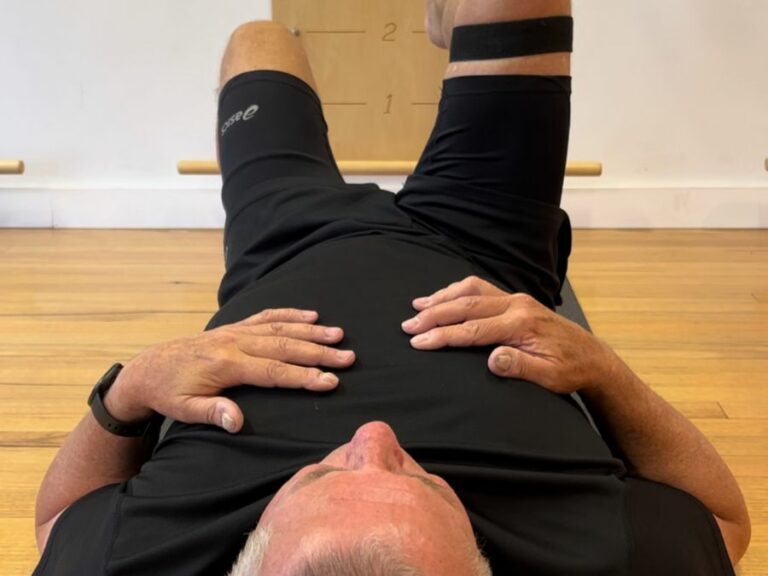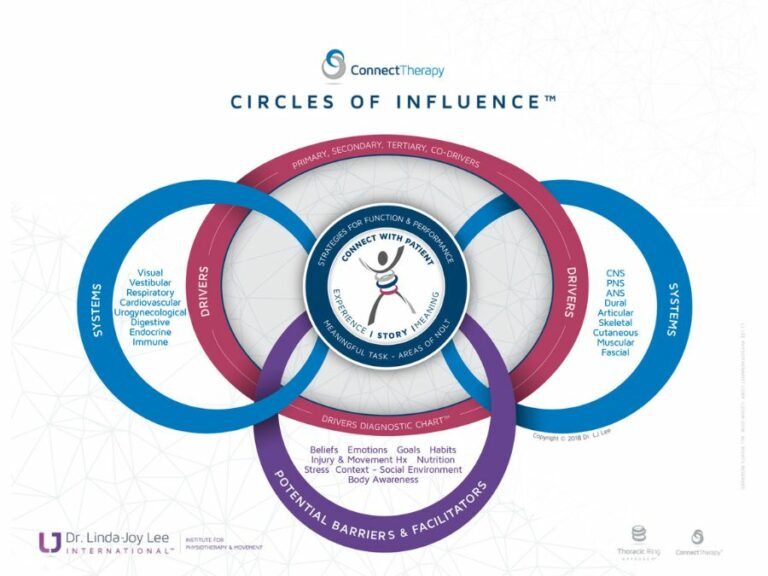Living with a rheumatological condition, such as arthritis, lupus, ankylosing spondylitis, psoriatic arthritis or fibromyalgia can be challenging. These conditions affect the musculoskeletal system and often lead to pain, stiffness, and reduced mobility. But there’s hope! Physiotherapists play a crucial role in helping individuals with rheumatological conditions manage their symptoms, improve their quality of life, and regain their independence. In this blog post, we’ll explore the top 10 ways a Physiotherapist can add valuable contributions to the rehabilitation process of someone living with a rheumatological condition.
1. Pain Management
Rheumatological conditions often bring chronic pain. As Physiotherapists we are highly skilled and trained in various pain management techniques. We use modalities like massage, taping, dry needling, movement, posture education and a whole host of other means to reduce pain. We also play a critical role in the education, helping patients learn more about effective pain management strategies.
2. Joint Mobility and Range of Motion
Stiffness and limited joint mobility are common issues in rheumatological conditions. As Physiotherapists, we develop personalised exercise plans to improve joint mobility and flexibility. At BPS we have an additional secret weapon when it comes to joint mobility and range of motion. Do you want to guess what it is? As well as many gentle manual techniques, we also use Pilates to help our patients regain range of motion.
3. Strengthening
Weak muscles can exacerbate joint problems. As Physiotherapists, we design strengthening exercises targeting specific muscle groups. These exercises improve joint stability and function, ultimately reducing pain and enhancing mobility.
4. Posture and Body Mechanics
Proper posture and body mechanics are crucial to prevent further strain on joints. As Physiotherapists and Pilates instructors, we are experts at providing guidance on maintaining good posture and safe body mechanics during daily activities.
5. Functional Training
As Physiotherapists, we work with patients to improve their ability to perform everyday tasks. Functional training helps patients regain independence in activities like walking, climbing stairs, and getting in and out of bed or chairs.
6. Patient Education
Knowledge is power. Much of what we do as Physio’s is around educating our patients about their condition, its progression, and the importance of adhering to their exercise and rehabilitation programs. We also provide advice on managing symptoms and preventing exacerbations.
7. Assistive Devices and Orthotics
In some cases, we recommend assistive devices or orthotics to improve mobility and reduce joint stress. As Physiotherapists, we assess the need for such devices and provide guidance on their proper use.
8. Pain Relief Techniques
Physiotherapists may employ pain relief techniques such as TENS (Transcutaneous Electrical Nerve Stimulation) or ultrasound to alleviate pain and discomfort.
9. Disease-Specific Strategies
Different rheumatological conditions require tailored approaches. As Physiotherapists we adjust treatment plans to address the specific needs and limitations of each condition, ensuring personalised care. This can be particular helpful in mannual techniques. Our Physiotherapy run massage appointments allow us to use our clinical knowldge of your condition to know whether or not it’s time to go deep, or stay gentle!
10. Monitoring Progress
Regular assessments are essential to track progress and adjust treatment plans as needed. As Physiotherapists, we play a key role in ensuring that your rehabilitation program is effective and that you are reaching your goals. We are often referred to as the ‘unsung heroes’ in the journey of our patients living with rheumatological conditions. Our expertise in pain management, mobility improvement, and patient education significantly enhances the well-being and quality of life of those living with these chronic conditions. By collaborating with rheumatologists and other healthcare professionals, we provide holistic care, offering hope and a path to a more comfortable, active life for those facing rheumatological challenges.
If you or someone you know is living with a rheumatological condition, consider the invaluable assistance that having a BPS Physiotherapist on their side has in their road to rehabilitation and improved quality of life.




